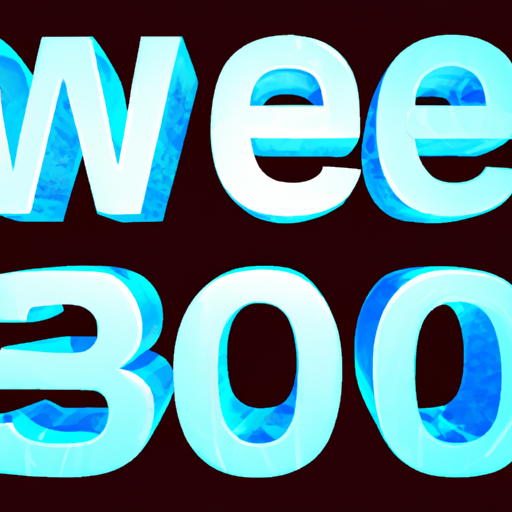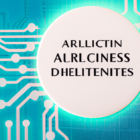As we stand on the brink of what many are calling the next evolution of the internet, it’s time to dive into Web 3.0. This new paradigm promises to transform our online experiences through decentralization, improved data privacy, and advanced technological frameworks. In this blog post, we will explore the core concepts of Web 3.0 and what it means for the future of the internet.
What is Web 3.0?
Web 3.0, often referred to as the Decentralized Web, represents a shift away from the traditional model of web interaction based on centralized servers. Instead, it leverages blockchain technology to enable peer-to-peer interactions, minimizing the power held by a few large corporations over the vast amount of data generated online.
The Key Features of Web 3.0
- Decentralization: Unlike Web 2.0, where data is primarily stored on central servers, Web 3.0 promotes data storage across multiple nodes, enhancing security and reducing the risk of data breaches.
- Semantic Web: Web 3.0 aims to improve internet functionality by enabling machines to understand and interpret data meaningfully, thereby providing more relevant and personalized user experiences.
- Enhanced Privacy: User control over personal data is a significant aspect of Web 3.0, as it allows individuals to own and monetize their information without relying on third-party companies.
- Smart Contracts: Utilizing blockchain technology, Web 3.0 makes use of automated contracts that execute directly when certain conditions are met, increasing transaction efficiency.
- Interoperability: Apps and services built on Web 3.0 protocols can easily communicate and interact with each other, creating a seamless user experience.
The Importance of Blockchain in Web 3.0
At the heart of Web 3.0 lies blockchain technology. It provides the underlying infrastructure needed for decentralization, allowing for trustless transactions and secure storage of information. By eliminating the need for intermediaries, blockchain creates a transparent and fair digital economy.
How Web 3.0 Will Change Our Lives
With the advancements in Web 3.0, users will experience a significant shift in how they interact online. This includes:
- Ownership of Data: Individuals will regain control over their personal data, deciding when and how to share it with others.
- Decentralized Applications (DApps): More applications will operate on a decentralized basis, offering users improved security and service without the influence of large corporations.
- Creative Empowerment: Content creators will have new avenues to monetize their work directly from consumers, bypassing traditional distribution channels.
Conclusion
Web 3.0 signifies a revolutionary change in the digital landscape, focusing on user empowerment, privacy, and decentralization. As we embrace this new era of the internet, it is essential to understand its principles and potential to reshape our online interactions. The transition to Web 3.0 is just beginning, and its implications will undoubtedly influence how we think about our presence on the internet.
Stay tuned for more insights into the evolving world of Web 3.0!




